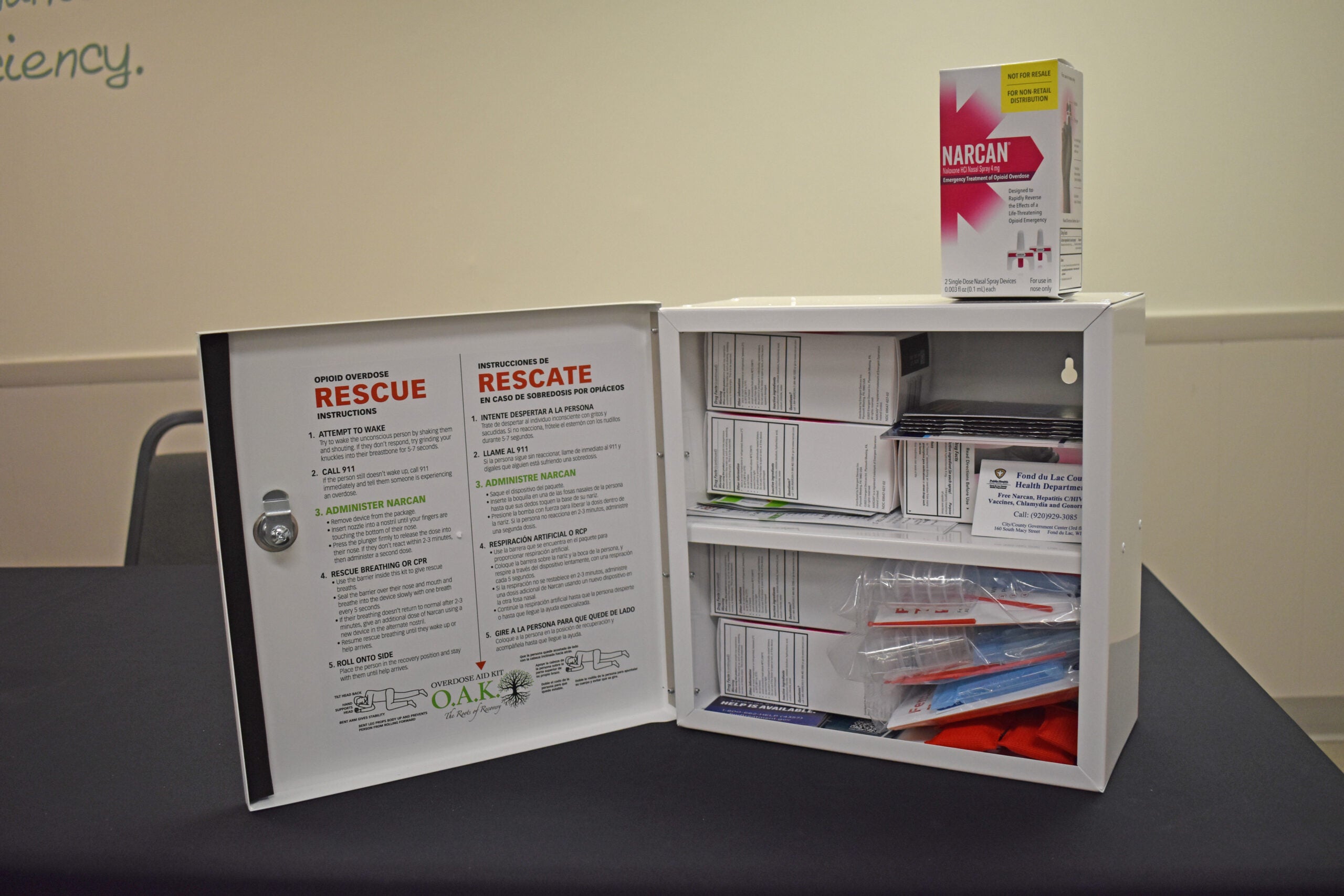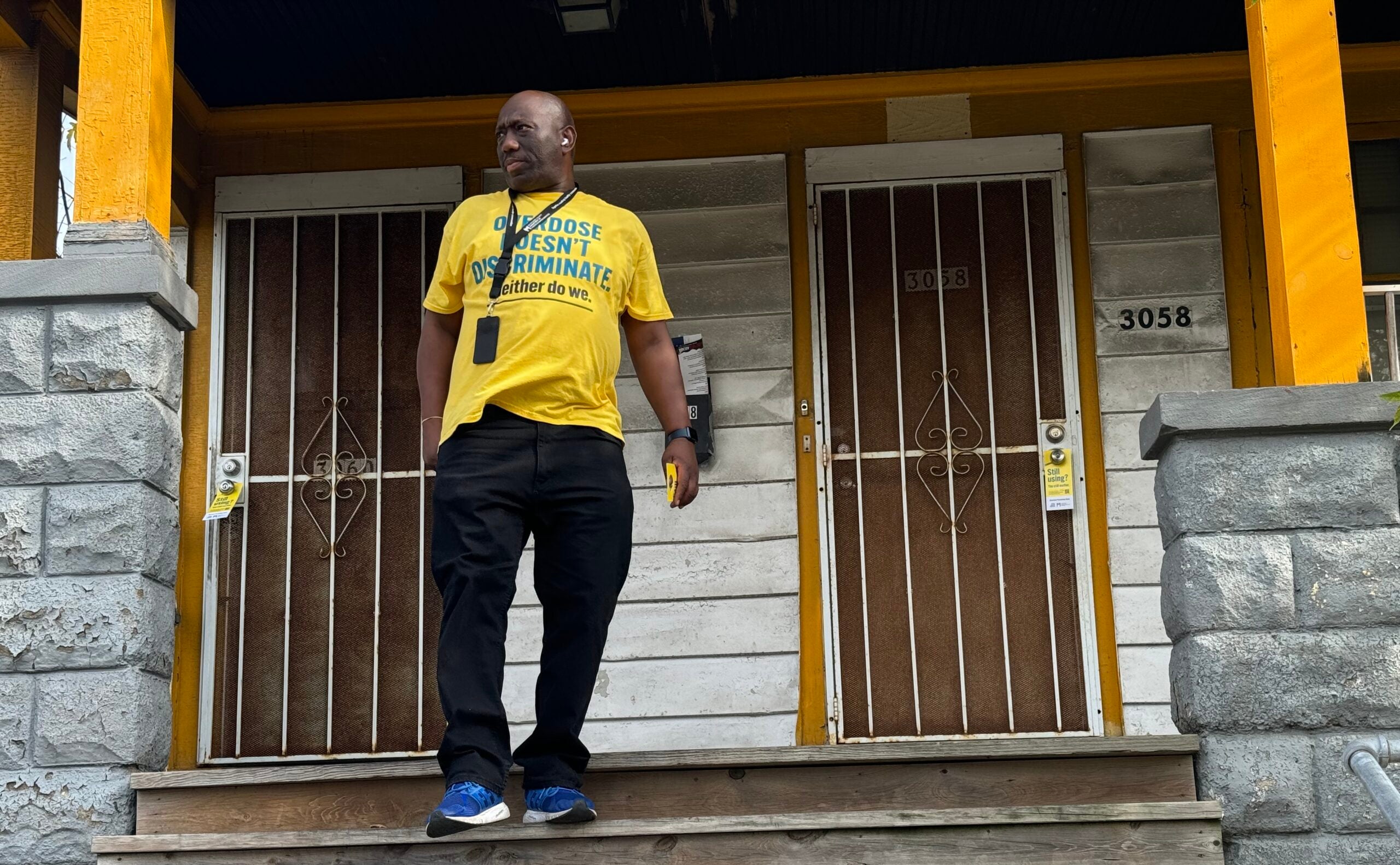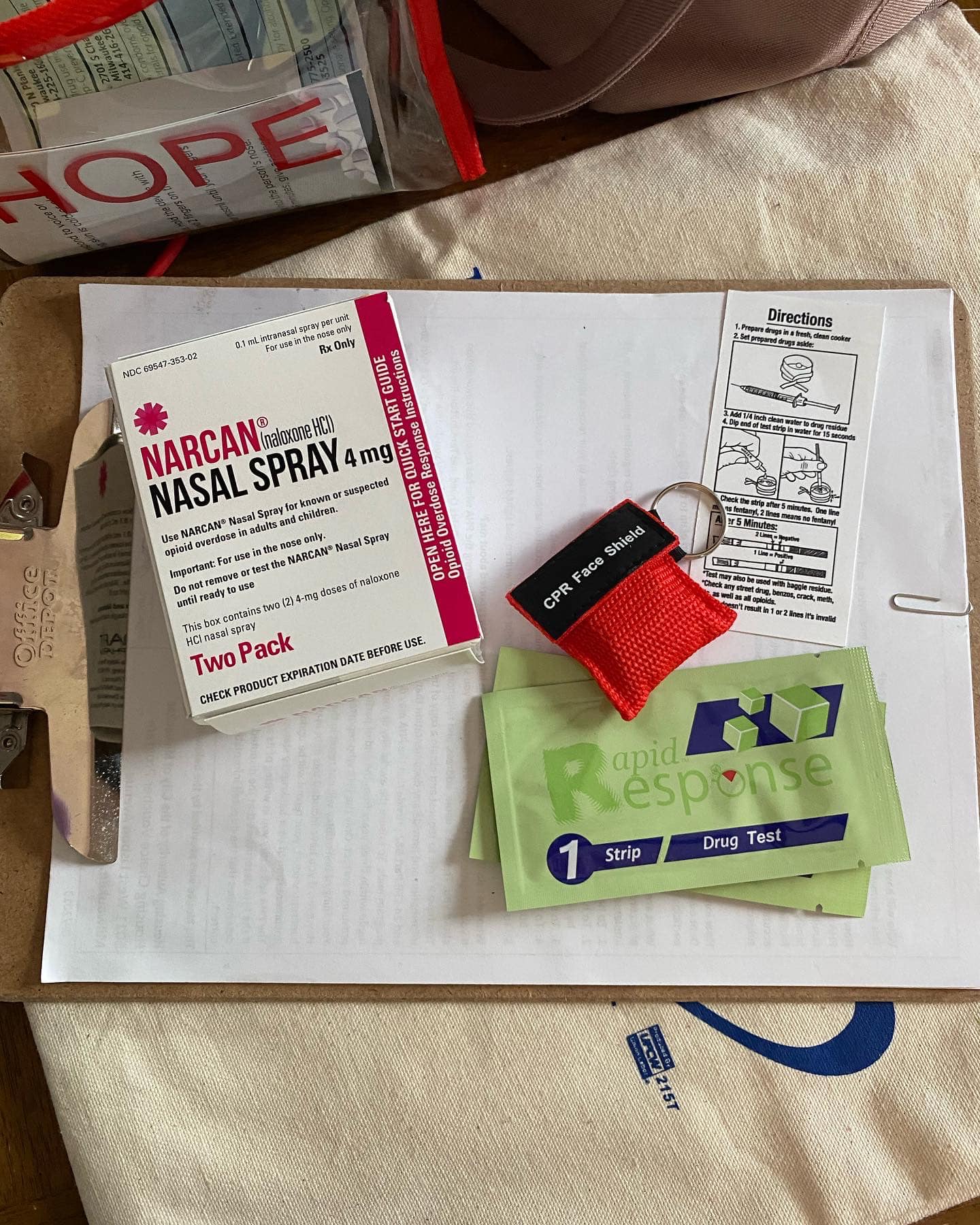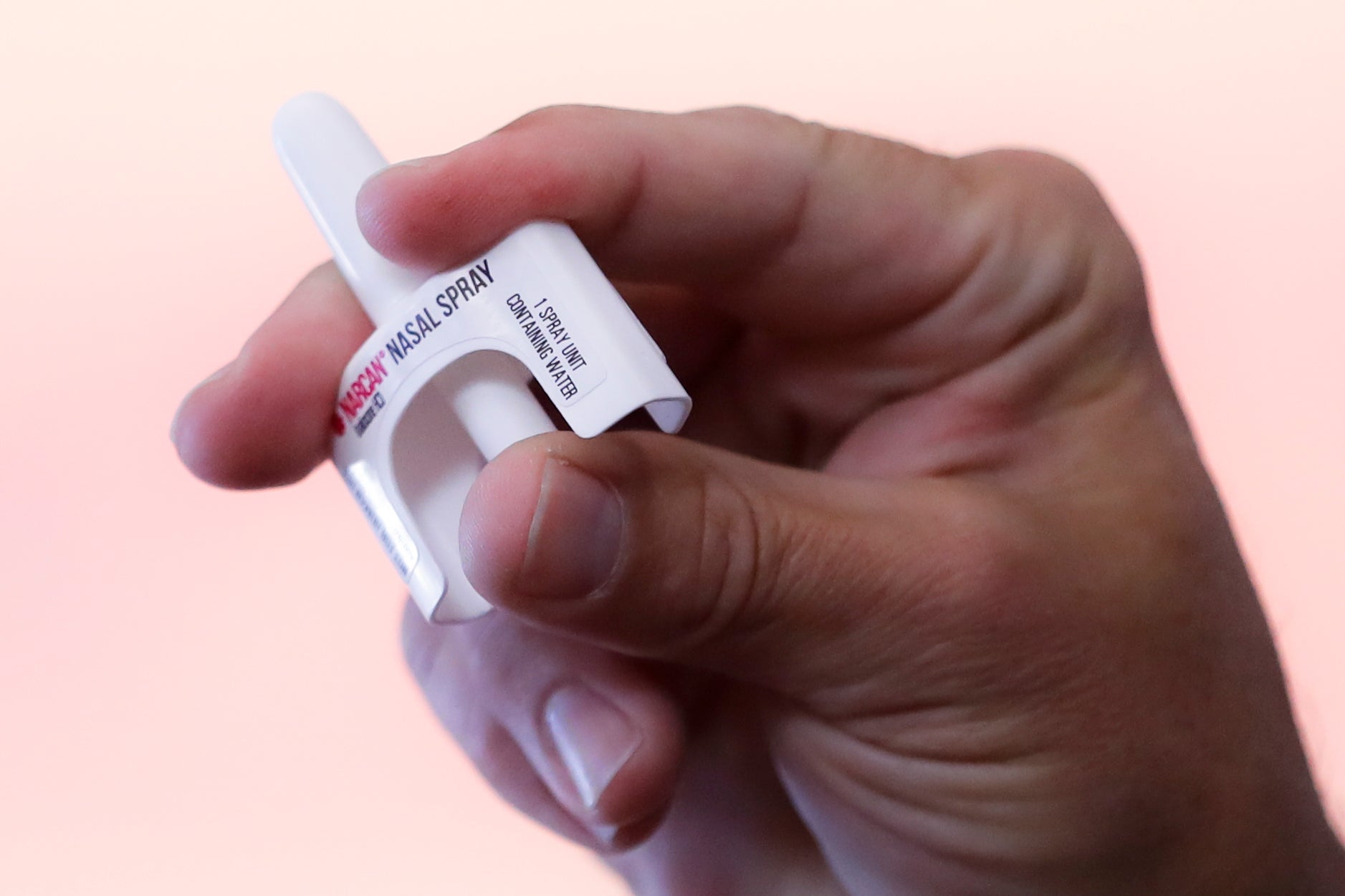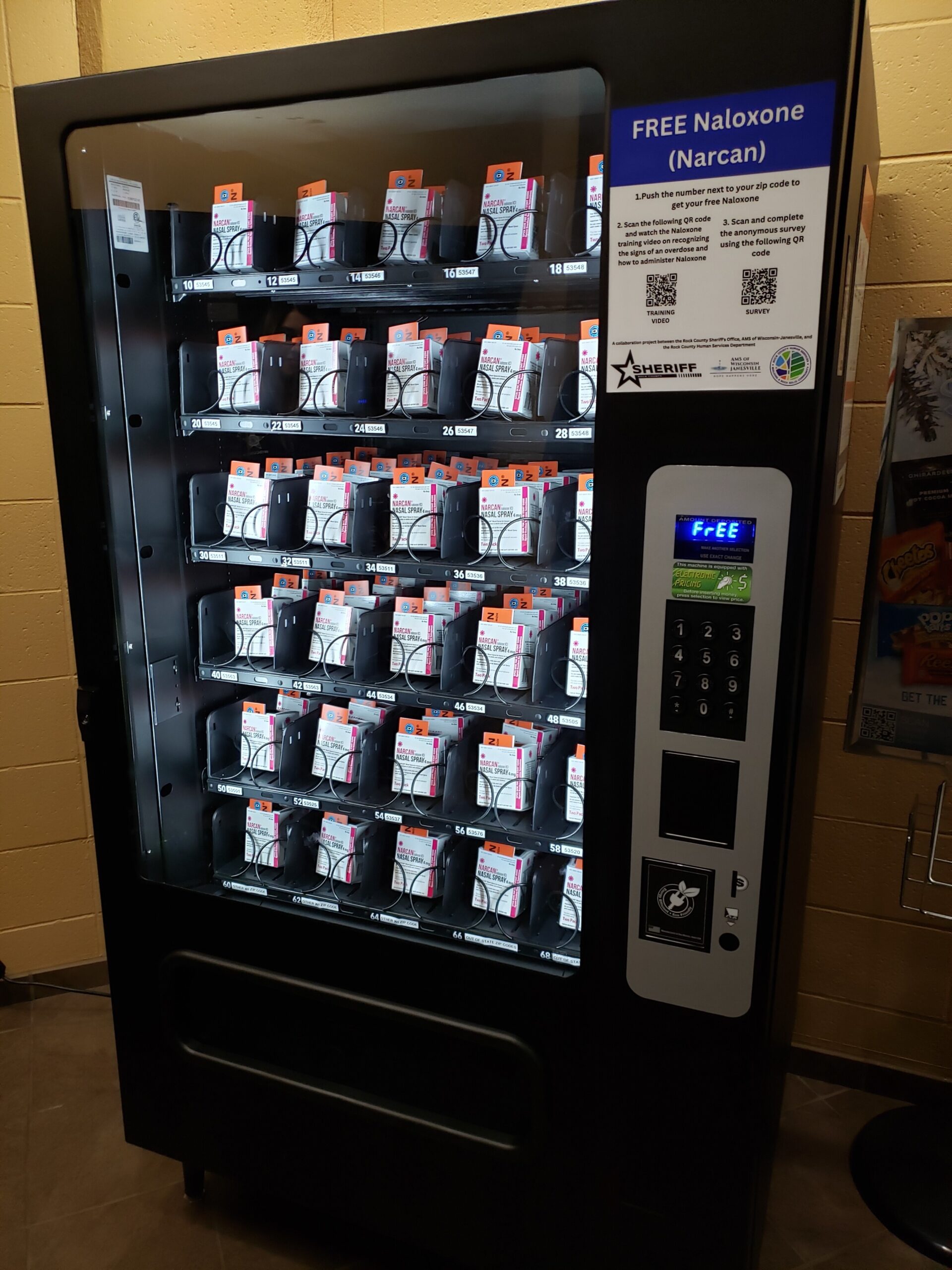Gov. Scott Walker crisscrossed the state Thursday to hold public signings of eight bills aimed at combating heroin and opioid abuse.
The new laws are part of Marinette Republican Rep. John Nygren’s Heroin and Opioid Prevention and Education, or HOPE, agenda. Nygren has sponsored 17 pieces of legislation aimed at combating heroin and prescription painkiller addiction during the past two legislative sessions, much of which has received bipartisan support.
“You can see the personal impact,” Nygren said. “The reason we decided to make this an issue for us as a legislative office was when we saw the obituaries of our friends’ and neighbors’ kids that are passing away based on drug addiction.”
Stay informed on the latest news
Sign up for WPR’s email newsletter.
Nygren has been open about his own daughter’s recovery from addiction.
According to a report released last year by the state Department of Health Services, drug overdose deaths in Wisconsin doubled from 2004 to 2013. In 2013, opioid pain relievers including oxycodone, hydrocodone and methadone accounted for 45 percent of overdose deaths. Heroin contributed to roughly 27 percent.
Proponents say the package of new HOPE laws puts Wisconsin on the cutting edge of addiction treatment and education.
“I’m proud to say that I’m from Wisconsin, in that we’ve actually embraced this issue and brought it out of the darkness,” said Mary Rosner, a public health officer from Marinette county.
The bills Walker signed Thursday include changes to state regulation of opioid treatment programs and the creation of a state pain clinic registry.
They also call for the state’s Controlled Substances Board to conduct an annual review of the Prescription Drug Monitoring Program and new reporting requirements for methadone clinics in Wisconsin.
Nygren joined Walker at Thursday’s bill signings. He said he hoped to encourage conversations about addiction and recovery, and to make more people aware of how prescription painkiller abuse can lead to heroin addiction.
“We have to begin to have that conversation,” he said. “I don’t think right now most of our citizens actually appreciate the danger that oftentimes is in their medicine cabinet.”
Wisconsin Public Radio, © Copyright 2025, Board of Regents of the University of Wisconsin System and Wisconsin Educational Communications Board.
